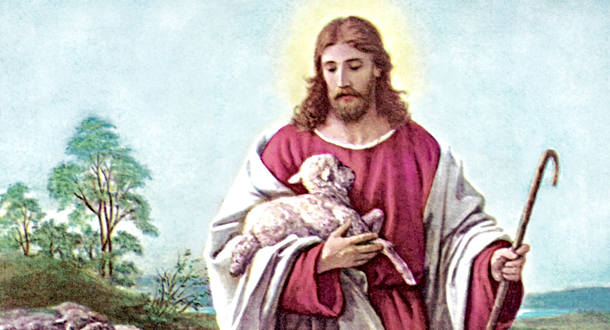
Scripture:
Exodus 19:2-6a
Romans 5:6-11
Matthew 9:36-10:8
Reflection:
Today’s Gospel gifts us three short vignettes as we see Jesus seeing and responding to a human need. First Jesus has pity on the crowds of people coming to him. Matthew’s descriptive image, as Jesus looks at the crowd, is sheep without a shepherd. A striking image because the shepherd knows that the sheep will be lost without some kind of care or direction. A shepherd’s job is to keep the sheep gathered together bringing a certain cohesiveness to the group. A shepherd who doesn’t care about the sheep will lose the flock because they will slowly wander off into the wilderness and have to fend for themselves amidst the dangers of the wasteland. Was this a judgment upon the religious leaders of Jesus’ day? Jesus, who sees himself as a good shepherd doesn’t try to do it all himself, rather he gathers his disciples together and gives them not only a mission but also the authority to execute that mission.
Then Matthew clearly shares with us the names of Jesus’ selected twelve before jumping back to the mission.
Jesus entrusts to these 12 the very mission he himself was tasked to do. In contemporary language, he empowers them with his job description. The activities of curing the sick, raising the dead, cleansing lepers and driving out demons were all indications that the Messiah had come. When Jesus asks his disciples to do this it was an empowerment of his mission and an indication, as Jesus instructed them to report, that the Kingdom of God is in their midst.
Is that any different than where we are today? It doesn’t take holy orders to cure the sick or to cast out demons. The medical profession heals the sick every day, and the kingdom of God is in our midst. When a parent can speak to the negative voices of their children, giving courage and affirming their child’s self-worth, they cast out the negative demons and the Kingdom of God is present. When you are listening to a friend and realize that this friend can’t move forward because of some particular fear within them, can you lovingly speak to that fear? Can you bring enough authentic love to your friend’s anxiety to begin melting the fear? These are examples of transformation and the Kingdom of God is near.
I think one of the ways we do this is through the gift of compassion. Compassionate people don’t ask how to accomplish the tasks Jesus set forth. They simply bring compassion to precarious situations and the love and peace of Christ is made manifest and right before us is the Kingdom. Sometimes we are on the giving side of this and sometimes we are on the receiving side. Perhaps that is the gift we are to look at today. Can we be more attentive to the numerous times we find the Kingdom of God right before us? Can we see it and give praise and thanks to God for it?
Fr. David Colhour, C.P. is the Provincial Superior of Holy Cross Province. He resides in Chicago, Illinois.
